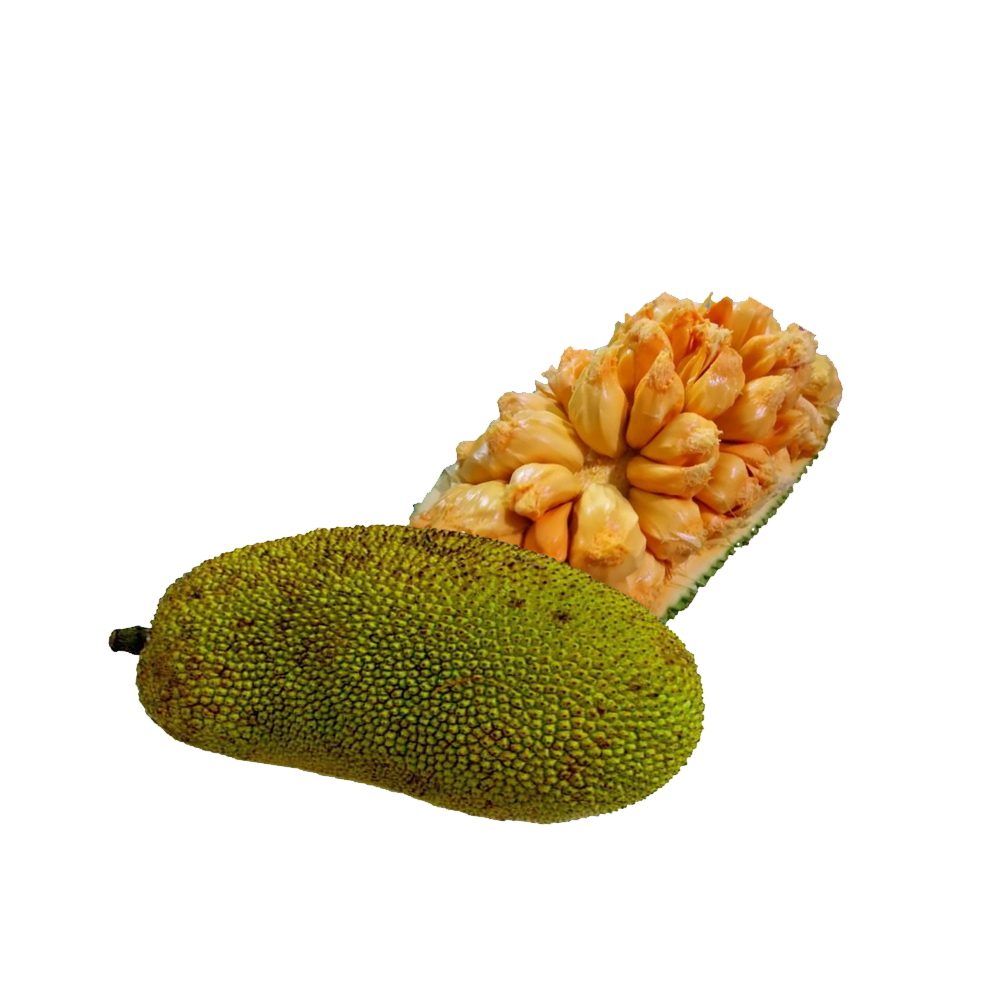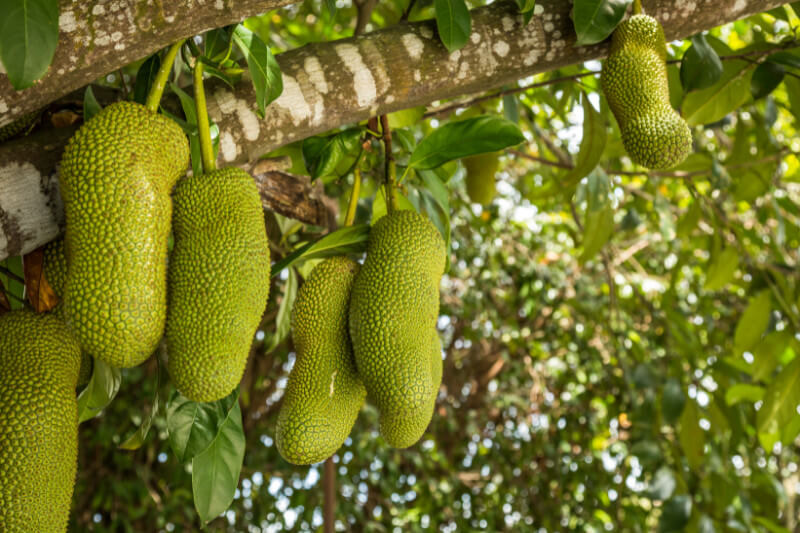Cempedak farming in Malaysia is a significant agricultural activity, contributing to both domestic consumption and export markets. Here’s a summary of key points regarding cempedak farming specifically in Malaysia:
Suitable Climate and Regions: Malaysia’s tropical climate provides favorable conditions for cempedak cultivation. Regions with ample rainfall and well-drained soil, such as Peninsular Malaysia and parts of Sabah and Sarawak in Borneo, are ideal for cempedak farming.
Varieties: Several varieties of cempedak are grown in Malaysia, each with its unique flavor profile, size, and appearance. Popular varieties include ‘J30’, ‘J33’, and ‘J34’, known for their sweet and aromatic fruits.
Cultivation Practices: Cempedak trees in Malaysia are typically grown in orchards or agroforestry systems. Farmers follow cultivation practices such as proper spacing, mulching, and regular watering to ensure optimal growth and fruit production.
Harvesting and Post-Harvest Handling: Cempedak fruits are harvested when ripe, usually by hand to avoid damage. Post-harvest handling involves careful sorting, cleaning, and packaging to maintain fruit quality. Some farms also process cempedak into products like chips, jams, and canned fruits for added value.
Market Demand: Cempedak is popular among Malaysians, both as a fresh fruit and in various culinary preparations. Additionally, Malaysia exports cempedak to countries like Singapore, Brunei, and sometimes to international markets like Japan and Australia, where there is demand for tropical fruits.
Challenges and Opportunities: While cempedak farming offers economic opportunities for Malaysian farmers, challenges such as pest and disease management, fluctuating market prices, and competition from other fruits exist. However, with proper support in research, infrastructure, and marketing, cempedak farming has the potential for further growth and sustainability in Malaysia’s agricultural sector.
Overall, cempedak farming plays a significant role in Malaysia’s agriculture, providing livelihoods for farmers, contributing to the country’s food security, and promoting the rich diversity of tropical fruits in both domestic and international markets.



